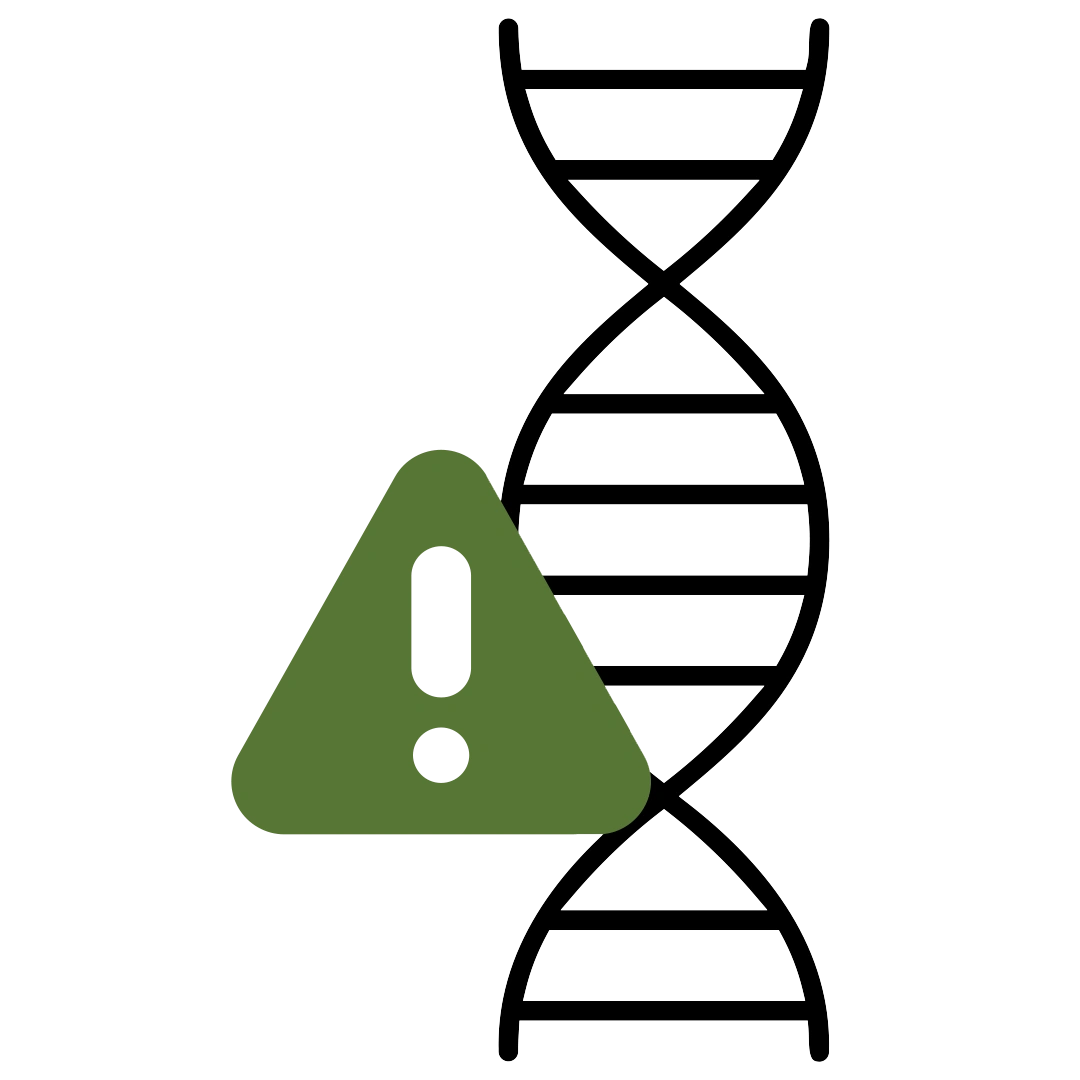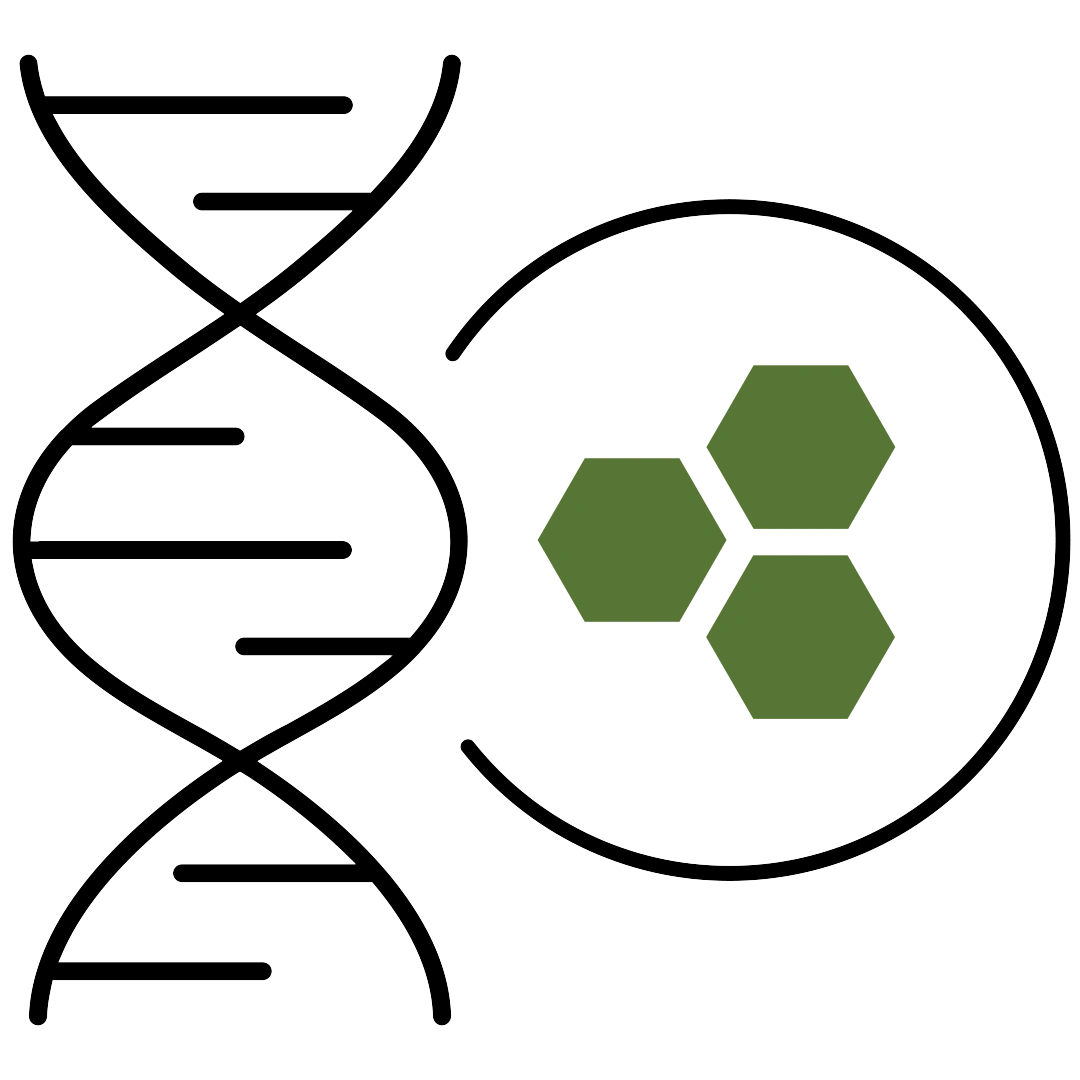
Normal cells slow down and become more resistant to stress during fasting. This protects them from the damage caused by chemotherapy.

Cancer cells, on the other hand, continue to divide rapidly and become more vulnerable to treatment.

Fasting may also increase oxidative stress in cancer cells by shifting their energy use from sugar to fats, making them more sensitive to chemotherapy.

Remove defective proteins and organelles

Reduce inflammation and DNA damage

Help maintain genomic stability

Helping people restore balance, regain control, and experience overall wellness through our advanced diagnostics and range of integrative treatments.
© 2025 Nulife Wellness Centre. All Rights Reserved. Designed by Bee High Media.